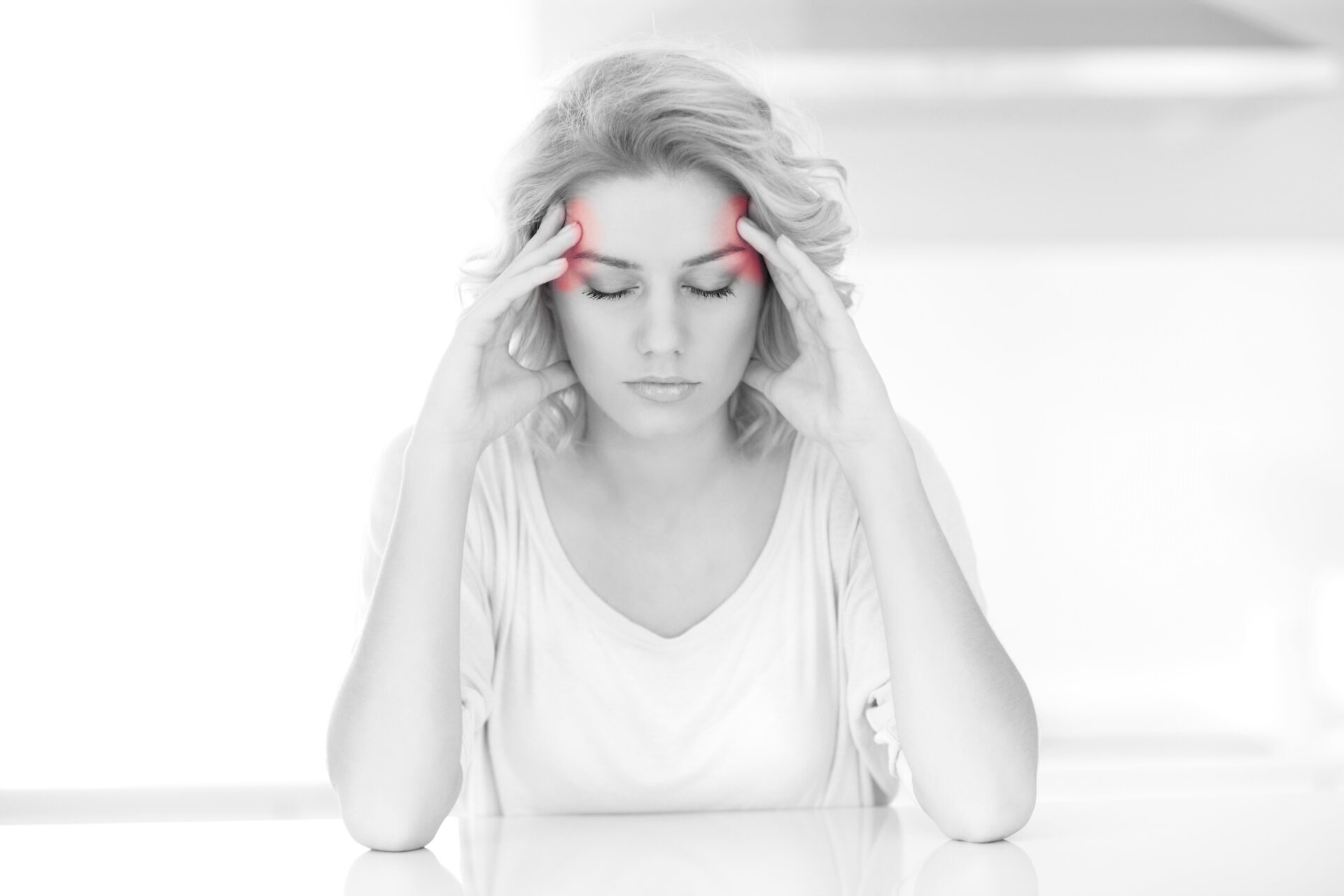The Truth About PCA Chemical Peel
If you’re considering a PCA chemical peel and don’t know if it’s the right treatment for you, here’s some information that can help.
What Is A PCA Chemical Peel
As scary as the term “chemical peel” sounds, it’s actually not as bad as it seems. In fact, it’s a treatment that can make your skin look healthier and brighter. Essentially, it is a procedure where a chemical solution is applied to the skin to gently remove the dull and damaged top layers.
The resulting peeling exfoliates the skin, making it shed dead or damaged surface cells. Called cell turnover, new and healthy skin cells are brought to the surface resulting in smoother and younger-looking skin.
PCA chemical peel is a newer and less harsh kind of chemical peel. Compared to traditional peels, PCA chemical peel is not a one-treatment peel. It is actually a series of chemical peels. They are progressive and you get them at regular intervals to experience the full benefits of the treatment.
Therefore, because it is done in steps, it is less traumatizing to your skin than the traditional peel.
How Is This Peel More Beneficial
- It gives the skin a chance to heal and recuperate between treatment sessions
- It does not result in heavy peeling. The result is not so obvious that it makes you feel self-conscious. Thus, you are able to go about your normal routine without any down time.
Peeling is exfoliation. When your skin peels or flakes after a treatment your skin is shedding dead or damaged surface cells and revealing new, healthy skin cells on the surface. This action is called cell turnover.
Supporting the cell turnover process with chemical peels is what allows the skin to shed dead cells and bring new, fresh skin to the surface, free of signs of aging, sun damage, dirt, and debris. The result is glowing skin.
What Skin Conditions Do This Type of Peel Treat
A PCA chemical peel can treat a variety of skin problems. Depending on your skin type and the kind of skin problem you’re addressing with the treatment, there are different PCA skin peel options (see below for details).
Among the skin conditions that PCA chemical peel can address:
- Blemishes. Skin discolorations from rosacea, acne and light scars can easily be addressed with PCA peels.
- Hyperpigmentation. This results when an excess of melanin, the brown pigment that produces normal skin color, forms deposits in the skin. As a result, patches of skin become darker in color compared to the normal surrounding skin. PCA chemical peels can treat this common, and usually harmless skin condition.
- Aging and Sun Damage. Aging can cause skin discolorations including liver spots (brown spots) and redness. PCA chemical peel can minimize the appearance of these marks while giving you skin that looks younger and healthier.

- Oily Skin. PCA chemical peel can help manage oily skin. However, if you experience dry patches or have combination skin (characterized by dry, flaking skin on the cheeks, while excessive oil and shine appears on other areas of the face), the treatment can be customized to manage both of these conditions at once.
And because the treatment is less harsh compared to traditional chemical peels, there’s less risk of side effects.
- Enlarged Pores. Enlarged pores can make your skin look tired and old. PCA peels can rejuvenate the skin to make it look healthy and radiant. They help shrink pores and minimize their appearance.
What Are The Kinds Of PCA Chemical Peels
PCA Chemical Peel Hydroquinone Free
This treatment uses a chemical that is a combination of different acids including Lactic, salicylic, Kojic, and citric acids. Ideal for more sensitive skin types and ethnic skin, this also works well for people with hydroquinone sensitivity. This is used to address the following skin conditions:
- Rosacea
- Acne
- Sun damage
- Some forms of hyperpigmentation
PCA Chemical Peel with Hydroquinone
This treatment uses a chemical with basically the same ingredients as the previously discussed treatment but with Hydroquinone, a skin lightening agent that bleaches the skin.
This treatment is recommended for people who desire an even skin tone. Because of the inherent qualities of hydroquinone as a bleaching agent, this PCA chemical peel helps quickly lighten pigment discolorations including melasma or actinic damage.
This peel likewise is effective in inhibiting acne and correcting post-inflammatory hyperpigmentation as a result of acne.
PCA Chemical Peel with Hydroquinone and Resorcinol
This PCA peel treatment uses a formulation that includes acids, hydroquinone and resorcinol, an antiseptic and disinfectant used to treat skin disorders and infections including:
- Acne
- Seborrheic dermatitis
- Eczema
- Psoriasis
- Corns
- Calluses
- Warts
This PCA chemical peel is the most potent. It evens skin tone and can exfoliate skins that are oilier and thicker, or sun-damaged. This treatment is effective for skin that is dry on the surface and oily underneath, or for those that require more intensive treatment.

How Do You Prepare For a PCA Chemical Peel
While a PCA peel is a relatively simple treatment, it is better to prepare your skin prior to getting one. The better the health of your skin, the less likely you will experience adverse reactions to the chemicals used in the treatment.
Dehydrated or cracked skin will allow deeper penetration of any chemical peeling agent. This may result in itching, stinging or burning.
Getting at least one pre-PCA chemical peel facial is highly recommended as this will lessen any reactions. To ensure tolerance to the ingredients in the peel formulation, it may be necessary to get a few facial treatments prior to a PCA chemical peel.
Taking the extra step of priming your skin before having the treatment will ensure the best results possible. It also makes recovery time faster, with no adverse reactions.
Taking the extra step of priming your skin before having the treatment will ensure the best results possible. It also makes recovery time faster, with no adverse reactions.
What To Expect
During the Procedure:
The procedure should not be painful. You can feel a tingling sensation or warmth from the peeling solution. This procedure is done here at the office and takes only a few swipes of the liquids for the procedure. There is no downtime and you can go about your normal routine after your PCA chemical peel.
After the Procedure:
For 3 to 5 days after the treatment, expect some flaking of the skin. It may also feel dry or tight. Applying a moisturizer several times throughout the day will address this skin tightness. We will be sure you have a proper moisturizer.
Levels of peeling will vary from person to person. Some people may not experience visible peeling. However, don’t worry if this is the case with you. The skin is still exfoliating but on a cellular level, not visible to the naked eye.
Some people may experience “flaking” and small pieces of skin may fall off. It may be similar to dry, winter skin or peeling after a sunburn.
Still, others may experience “sheeting” where large portions of the skin may peel off at once.
However, the way you peel, exfoliation should not be done for 10 days after the PCA chemical peel. To avoid infection or scarring, it’s best to just let your skin be – do not pick or pull at skin flaking or peeling off.
Who Should Avoid PCA Chemical Peels
- If you have herpes simplex (cold sores) on the treatment area, you should not receive PCA peel treatment
- If you have recently undergone radiation treatment for cancer
- If you suffer from sun allergies
- If you have allergic reaction to aspirin
- If you are lactating, pregnant or may be pregnant
- If you are taking acne medication including Isotretinoin or Accutane, this must be discontinued for at least 6 months before treatment
- If you have had prior adverse reaction to chemical peels
- If you have had a sunburn or windburn within the last 2 weeks
- If you are currently taking antibiotics
- If you have recently waxed your face, wait 72 hours before receiving a PCA peel
- If you have had botox treatment, it is important to wait 2 weeks before undergoing PCA chemical peel
Book an Appointment Now
Here at Skin & Derm Theory Aesthetics, healthy-looking skin is our business.
Unlock healthy and glowing skin with a PCA chemical peel that is right for you. Our expert licensed personnel will perform a thorough analysis of your skin and come up with a customized treatment plan that suits your needs and concerns, skin type, and sensitivity.
Book an appointment today by calling 951-735-5570









